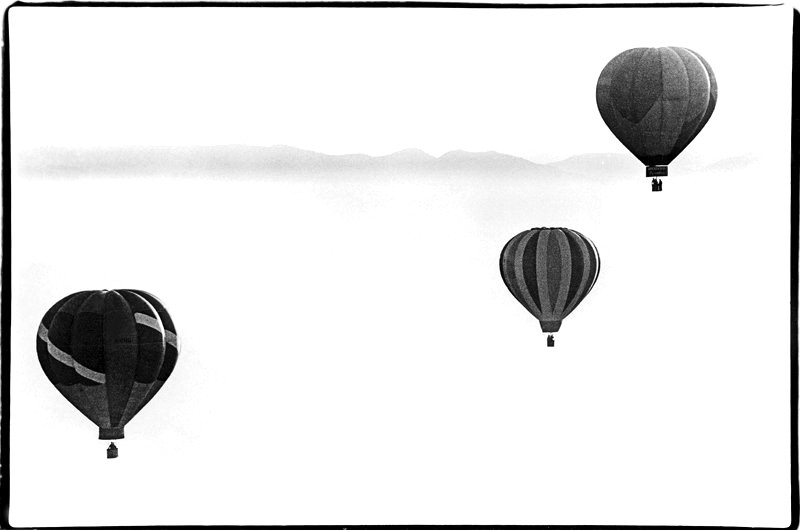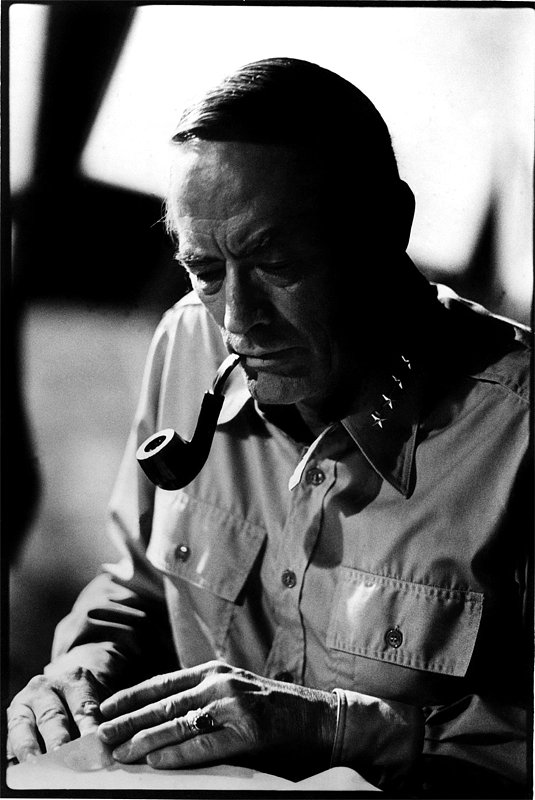pgriz
Been spending a lot of time on here!
- Joined
- Jul 30, 2010
- Messages
- 6,734
- Reaction score
- 3,221
- Location
- Canada
- Can others edit my Photos
- Photos OK to edit
I don't understand where this idea comes from that suddenly, practically overnight, technology will change so drastically that the files, media, machines, formats, etc., etc., etc., will change so drastically that we will lose all our digital images. Similarly, that it's so difficult or expensive to just copy them over to new systems whenever we upgrade.
Can someone name an image file format from the past that can't be read or converted in any way today?
If the stuff was copied using one of the older backup programs, then sometimes you cannot access them, as the backup formats (depending on the compression algorithm used) are not all forward compatible. However if one is doing file-to-file copies, I can access stuff that has been created under MS/DOS. CP/M, however is out of reach.









![[No title]](/data/xfmg/thumbnail/37/37632-06d8ff7f84d84f6ac01249ce8885d896.jpg?1734170756)

![[No title]](/data/xfmg/thumbnail/41/41926-7b67b67ec3a4ea78149adc9ca76efe76.jpg?1734176285)





![[No title]](/data/xfmg/thumbnail/39/39189-22b7e8d8eadc9cc3d7b341bfb336079e.jpg?1734173064)

